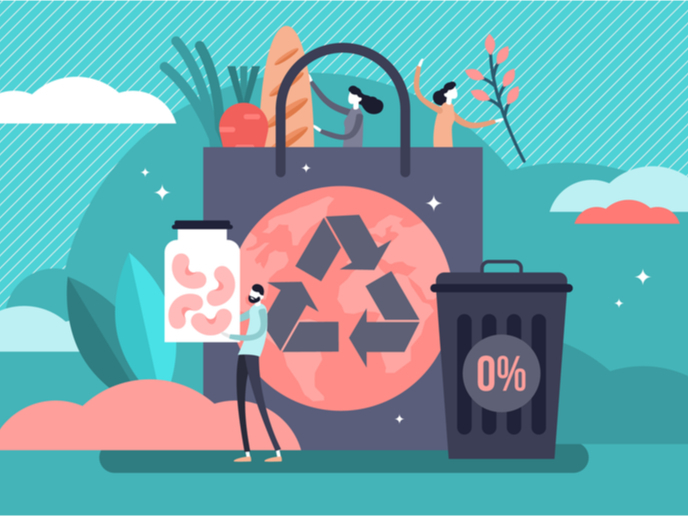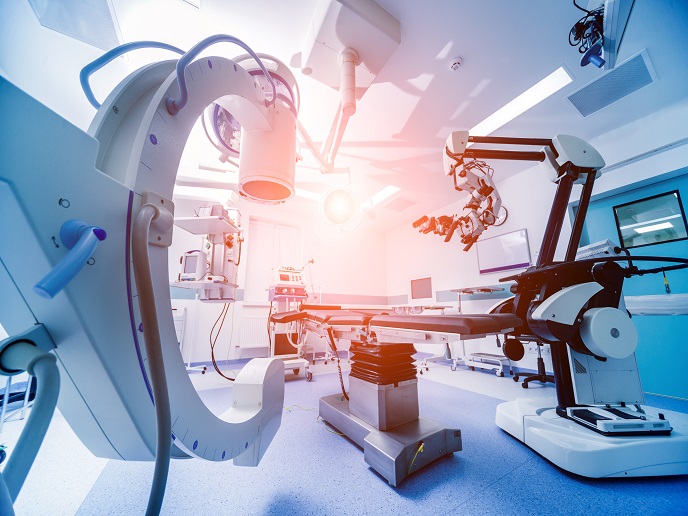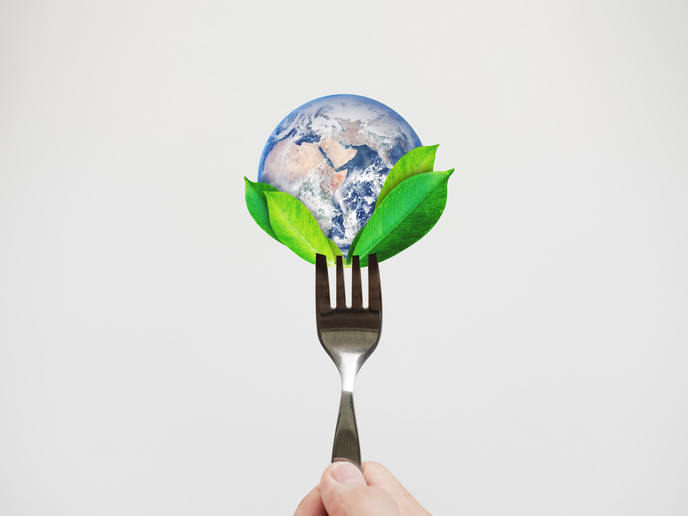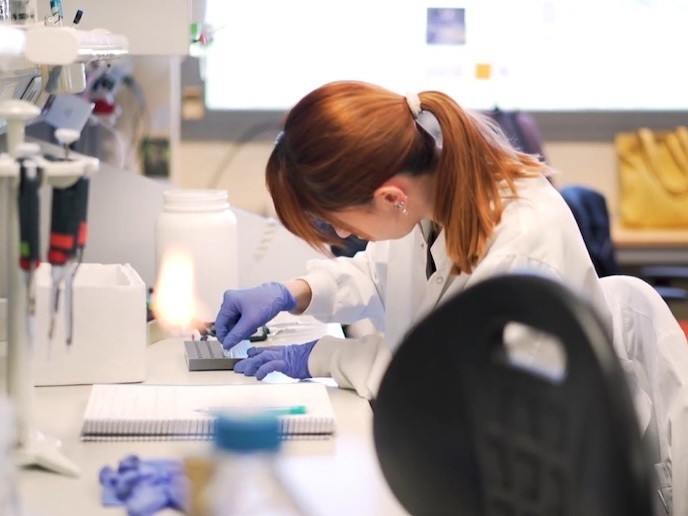Boosting market uptake of sustainable bio-based products
In 2012, the European Commission released the Communication Innovating for Sustainable Growth: A Bioeconomy for Europe(opens in new window) which outlines that Europe needs to radically change its approach to production, consumption, processing, storage, recycling and disposal of biological resources. The strategy treats the bioeconomy as a key element of smart and green growth. Advancements in bioeconomy research and innovation should allow Europe to improve management of its renewable biological resources and open new and diversified markets in food and bio-based products. “The bioeconomy is complex and multifaceted. Its wide diffusion depends on the active collaboration of a broad range of stakeholders, including feedstock providers, industry, brand owners, researchers, society and public authorities,” notes Alexandre Almeida, coordinator of the EU-funded BIOBRIDGES(opens in new window) project. This collaboration demands new interactions and synergies, which imply the development of new cross-sector collaborations that could lead to new bio-based value chains. “To achieve a long-lasting impact on bio-based value chains, BIOBRIDGES designed and implemented replicable methodologies, procedures and best practices that support multi-stakeholder co-creation and lead to new cross-sector partnerships,” adds Almeida. The project also developed a replicable model on how to valorise the results of these cross-sector partnerships.
Assets ready for use
Over the course of the project, project partners developed a series of 15 exploitable assets that are freely available to anyone interested in fostering the bioeconomy. The ‘Framework and good practices for multi-stakeholders and cross-sector interconnections’ factsheet maps the practices that 18 regional and national bioeconomy clusters across Europe have adopted. The three clusters in Germany, Italy and Portugal provide prime examples of good practices for multi-stakeholder and cross-sectoral collaboration. To facilitate collaboration between brand owners and bio-based industries, the project launched the Bridge2brands initiative, an innovative format to connect brand owners willing to embrace a more sustainable approach in their businesses. Bridge2value is an innovative format to create cross interconnections between quadruple helix stakeholders in their attempt to create a new value chain. Communication and awareness campaigns such as the ‘Bio-based economy communication toolkit’ or the ‘Bioheroes campaign’ aimed to raise public awareness of the bioeconomy and increase understanding of the need for action. The visual material presented in the awareness toolkit sought to increase stakeholders’ interest in project activities and sensitise the general public about stories, actions and developments from businesses that contribute to making the world more sustainable, taking one action at a time. The goal of Bioheroes was to create a community of experts acting as project consultants, project observers and ambassadors who are motivated to support EU-funded activities related to the bioeconomy and improve commercialisation of bio-based products.
Promoting policy change, communication and support
BIOBRIDGES produced brand new policy papers and recommendations that policymakers, brand owners and researchers can follow to increase consumer awareness. A general public survey conducted on 39 countries provides raw data on consumer awareness and purchasing habits that anyone can use to conduct further research, propose policy changes or launch a communication campaign. The assets are expected to enrich the European Bioeconomy Library(opens in new window), a bioeconomy knowledge base platform that already contains 10 BIOBRIDGES outputs. Moreover, the assets are being promoted though the European Bioeconomy Network(opens in new window) that deals with bioeconomy promotion, communication and support. BIOBRIDGES received funding from the Bio-based Industries Joint Undertaking, a public-private partnership between the EU and industry.







